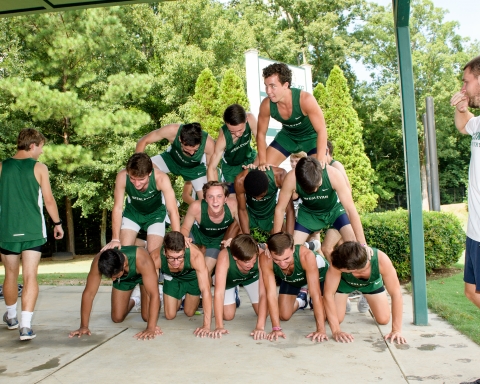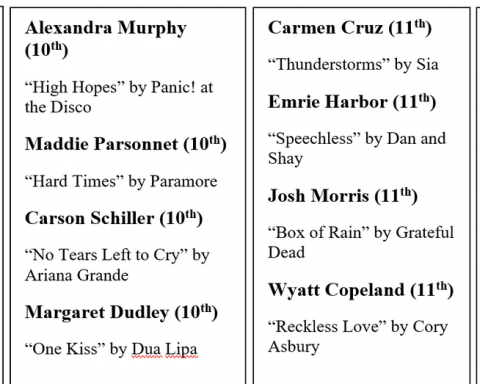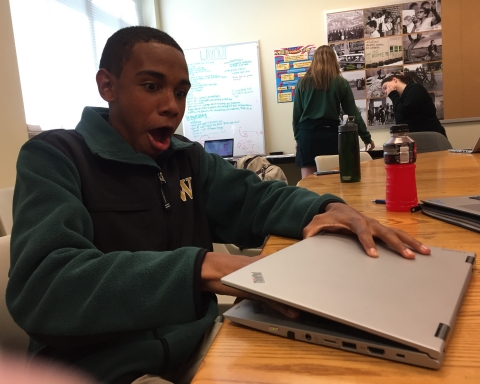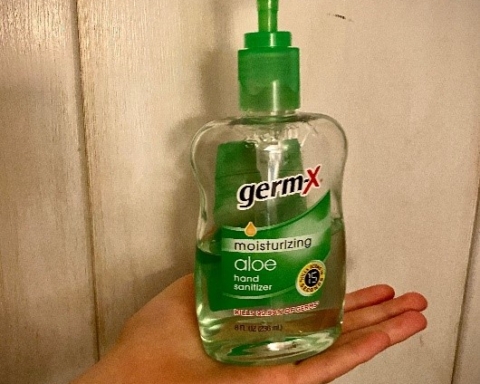“There’s a hundred and four days of summer vacation/ ‘Till school comes along just to end it/So the annual problem for our generation/ Is finding a good way to spend it…”
If you were one of the millions of kids like me who faithfully watched Phineas and Ferb every week, you’d know all the words to Bowing for Soup’s unforgettable opening theme song by heart. However, looking back on it now there are two things that especially stand out to me in the opening verses of that song. The first is that Phineas and Ferb get 27 more vacation days than we do, and the other is that we experience the same dilemma that Phineas and Ferb did in finding a good way—the right way— to spend our summer break.
Whether we choose to venture on exciting vacations, spend time with friends and family, or catch up on sleep or episodes of our favorite TV show, the undeniable common thread of summer break is the time we need to rest and reflect. Although we may stay occupied by involving ourselves in different activities, there is no doubt that summer gives us ample time to be still. And in the stillness there is ample room for growth. Often times, many of us get caught up in the complexity and fast paced nature of the school year. With countless distractions and assignments, it seems nearly impossible to believe that any kind of peaceful reflection can come out of any of these chaotic seasons. Thankfully, the seventy-seven days of summer vacation can make up for all of that lost time. More than just a period of self-reflection, this extended interval between semesters lends time for actual self-renovation.
All of us have qualities that we aren’t proud of or things we’d like to change about ourselves, and what better time to focus on that than summer break. So whether it’s something as minor as getting a new haircut or something as major as letting go of all your bitterness, summer has the ability to refine us into the people we were destined to become, whether it be through physical or emotional changes in our lives.
Despite the popular attitude that real change can only occur on certain transitional calendar dates—such as the first day of school or the first day of the New Year— the eleven weeks of summer are a perfect trial and error period for establishing new and lasting habits. So while the New Year’s champagne is popped, and people make cheers to new beginnings and goals, in reality only eight percent of Americans will succeed in following their New Year’s resolutions. However, the ninety-two percent of those who are unable to commit to their resolutions aren’t entirely to blame. If habits take at least three weeks to form, how can anyone expect to thoroughly dedicate themselves to their goals if they are rushed back into their chaotic world of work or school only a few days later? Summer then becomes a wide open space for any one of those broken resolutions to be harvested again.
Although this summer has clearly come to an end, I urge you not to discount the time you had to reflect and start again. So many of us wishing for a fresh start jump right back in to the school year and immediately fall into old habits and routines, but just know that nothing is stopping you from making those summer resolutions last throughout the year. So before this academic year truly sinks in, evaluate what this summer meant to you. Perhaps it isn’t too late for a little more self-renovation.









